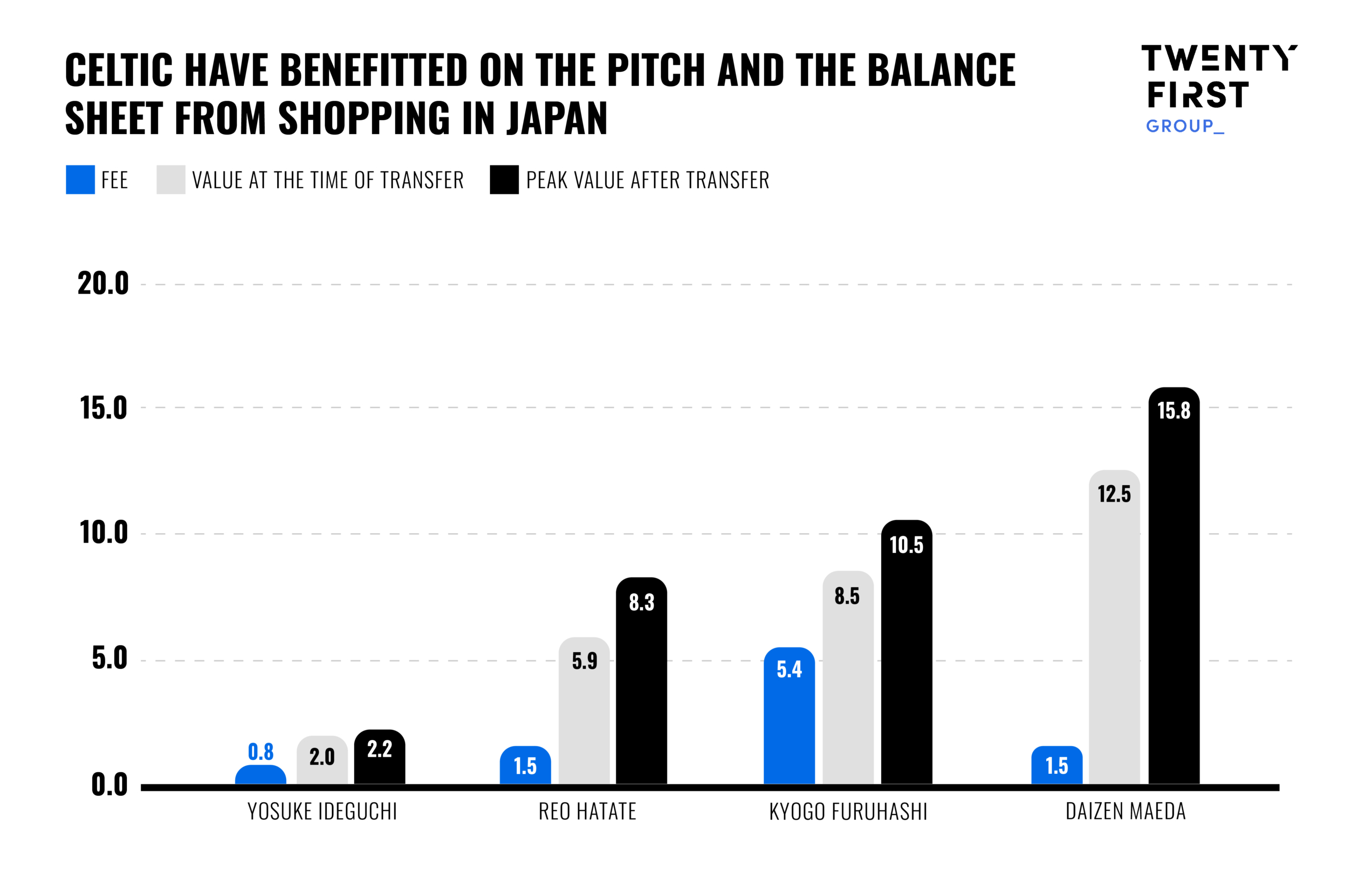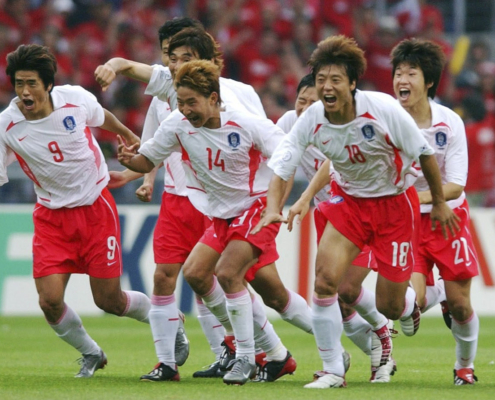Thought Leadership
Japan – An Undervalued Market
7 MIN READ
Thought Leadership
Inspired by what you’re reading? Why not subscribe for regular insights delivered straight to your inbox.
As European football settles into the second half of the season following the January transfer frenzy, teams in Japan are gearing up for the start of their season, due to kick off this weekend. The J League is Asia’s strongest league and is highly regarded in the region, but to European clubs it remains of limited interest as a market for scouting and recruiting new talent. Few players have made the journey west to European leagues from the Land of the Rising Sun.
While there are challenges to consider when buying players from Japan – culture and language among them – our models show that talent is not one. The quality of football in Japan is comparable to many of Europe’s most prestigious leagues, the implication being that J League players are good enough to play in Europe alongside some of the world’s best.
As with any market, inefficiencies exist in the global market for footballing talent and there are opportunities for those clubs who can identify and exploit them. The perception of value in the Japanese player recruitment market among European clubs is one such inefficiency.
There are examples of clubs who have been able to take advantage of this, which has generally required someone with both influence in their club and knowledge of the Japanese market. Ange Postecoglu, for example, has brought four players to Celtic from Japan, all of whom have both performed well on the pitch and created the opportunity for significant profit off it.
* Daizen Maeda initially moved on loan before completing a move for 1.5m Euros at the end of his loan spell – value taken at the time of the initial loan.
In aggregate, this means Celtic paid around £9m for £29m worth of talent, a discount of nearly 70% – good business by any measure.
These players have played a key part in Celtic’s success. Furuhashi is the leading goal scorer in the Scottish Premiership with 19 goals, Maeda is among the top 10 players in the league for assists per 90, and Hatate is is one of the most dangerous passers in the league – he is in the top 1% for pass accuracy and has completed the third highest number of passes in the final third, creating eight ‘big chances’ (i.e. chances that lead to a clear cut goal scoring opportunity) in the process, ranking him sixth overall.
In an age of modern football recruitment where data is readily available, a lack of market knowledge should not be a barrier to finding value in unfashionable markets. Celtic’s recruitment along with Japan’s impressive showing in the Qatar World Cup suggests that Japan’s football system is more productive than the European market realises. There is value there for those prepared and able to look. The question is now, for how much longer?
If you would like to find out more about our Performance Intelligence services and recruiting to or from Japan, please get in touch with Ben Marlow.

![Bar Graph Designs (1) [Recovered]-15](https://www.twentyfirstgroup.com/wp-content/uploads/2023/02/Bar-Graph-Designs-1-Recovered-15.png)
![Bar Graph Designs (1) [Recovered]-17](https://www.twentyfirstgroup.com/wp-content/uploads/2023/02/Bar-Graph-Designs-1-Recovered-17.png)






